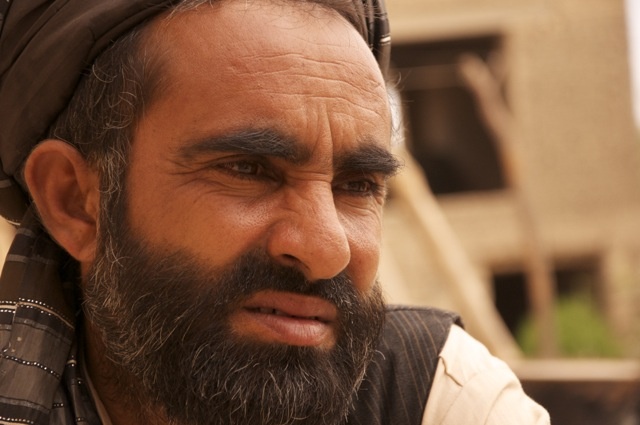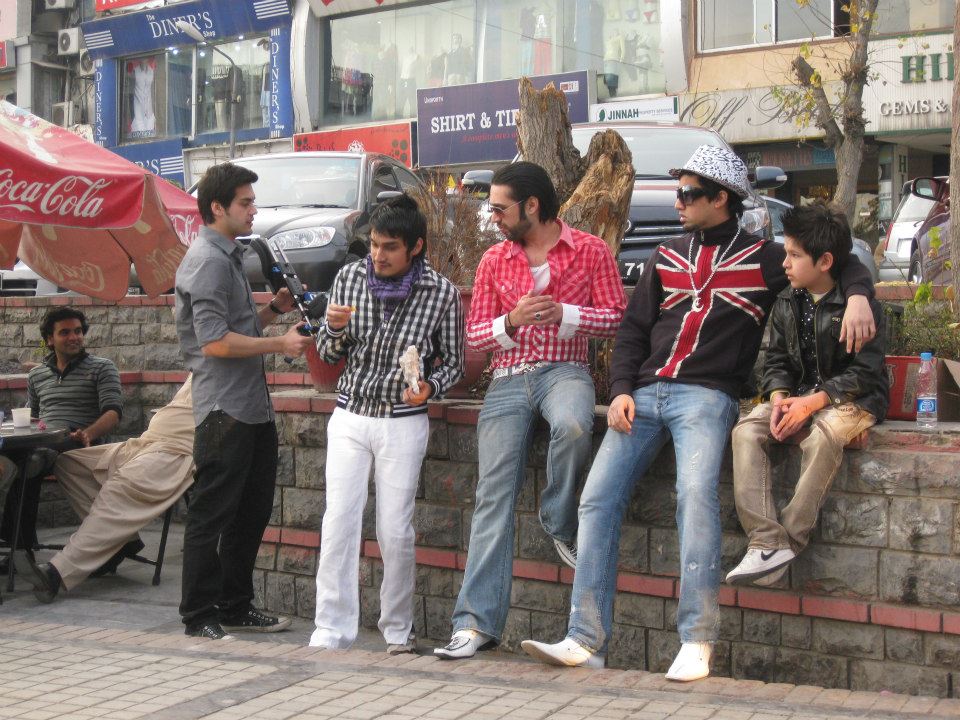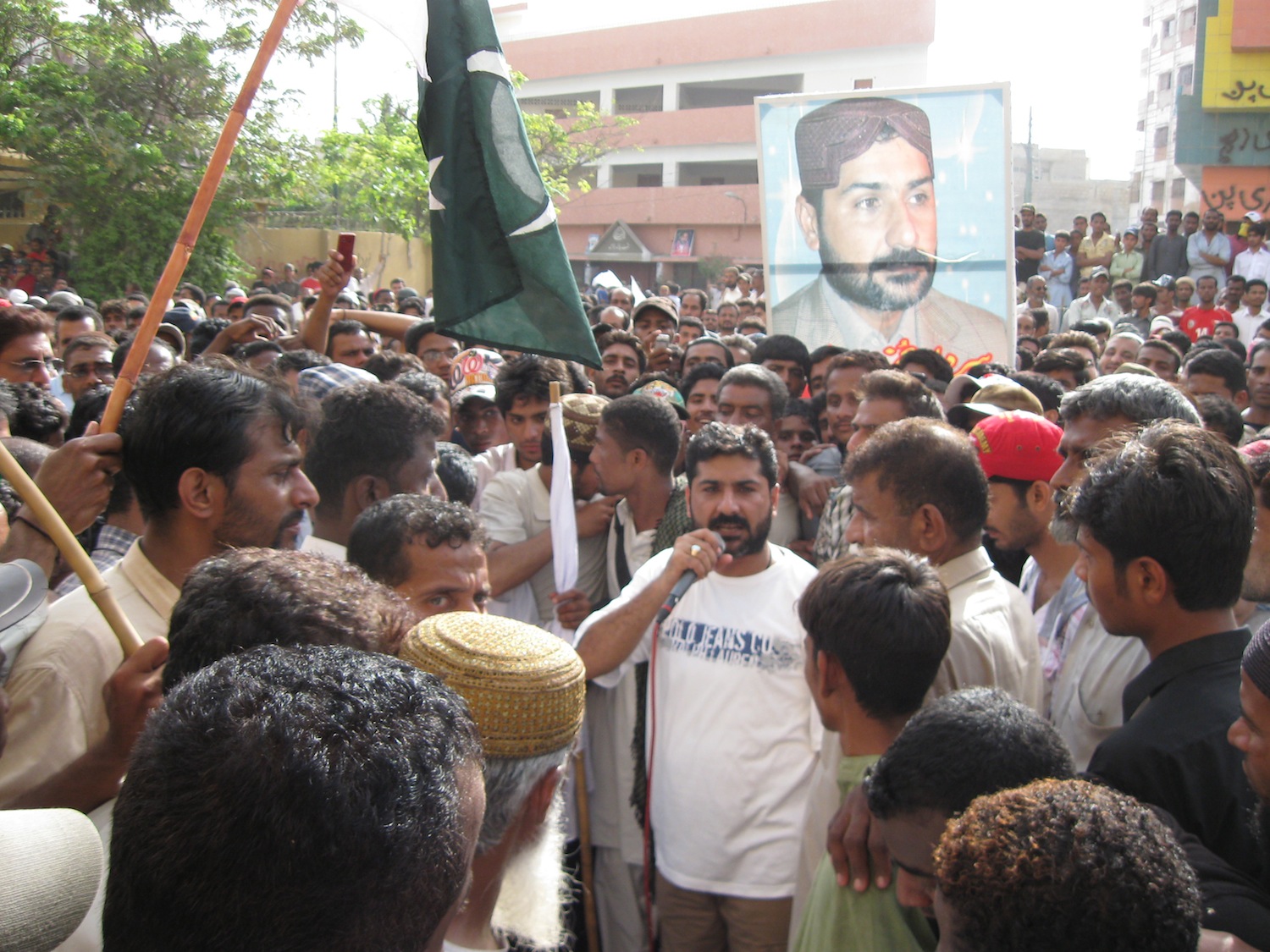A boy in the rain in Dir, Khyber-Pakhtunkhwa. Photo by Oscar Rickett
Home-Grown Militants
Advertisement
US Drone Strikes
Advertisement
Sectarian Conflict

Advertisement
An Unlikely Cultural Explosion
Advertisement
Distrust of the State
Advertisement



